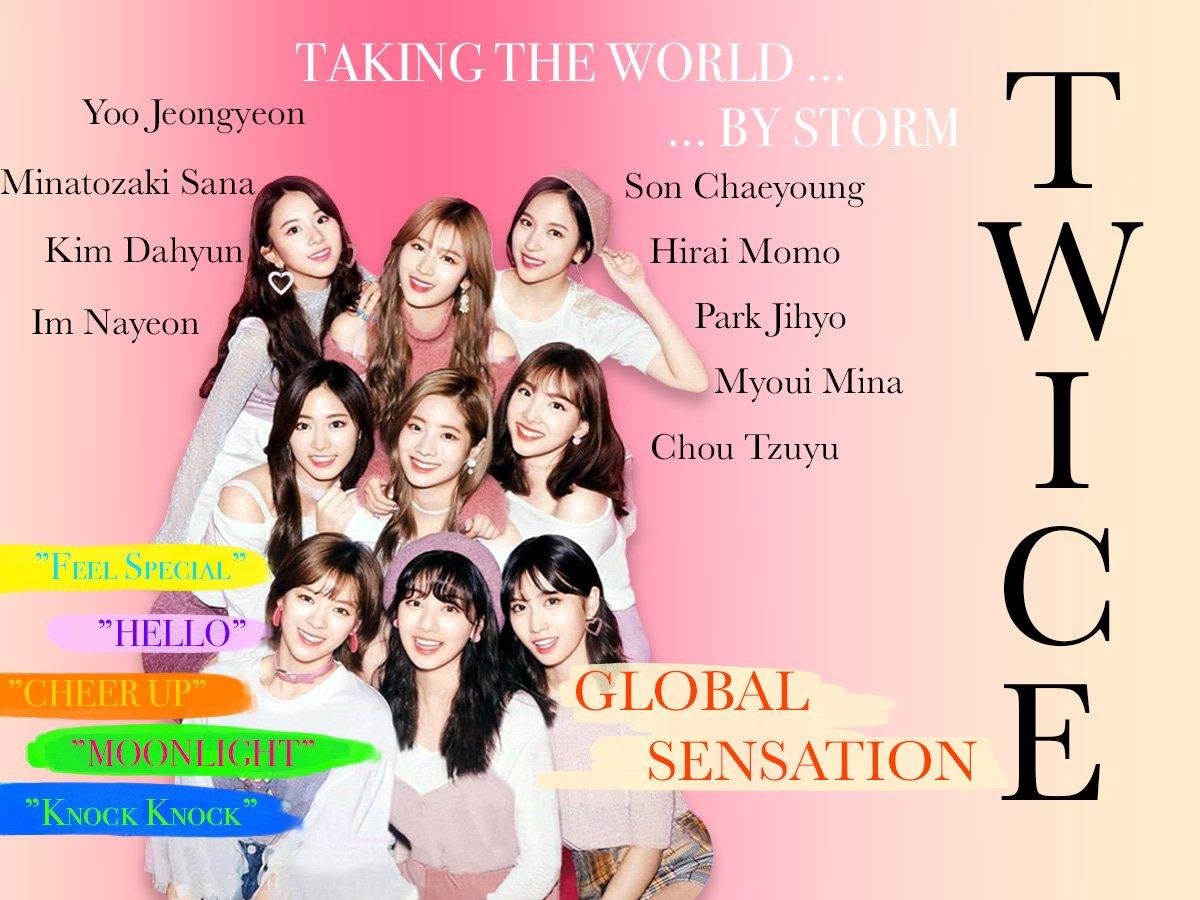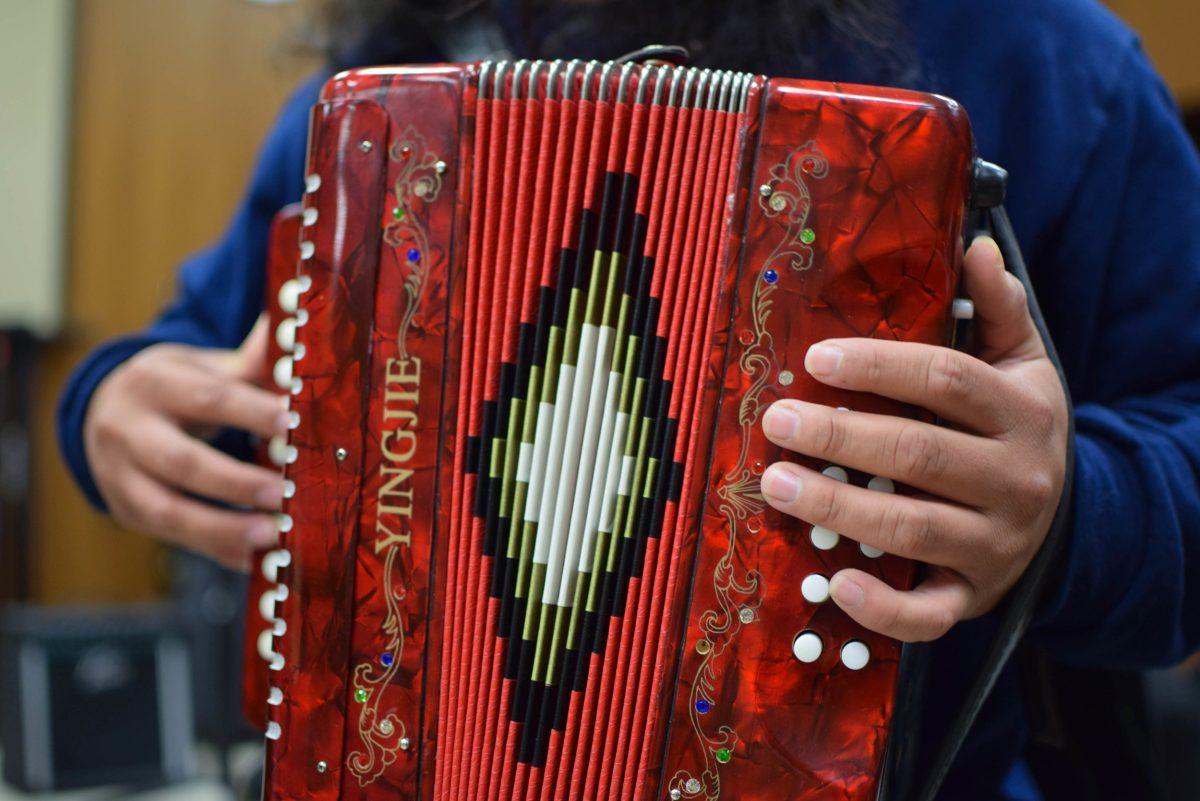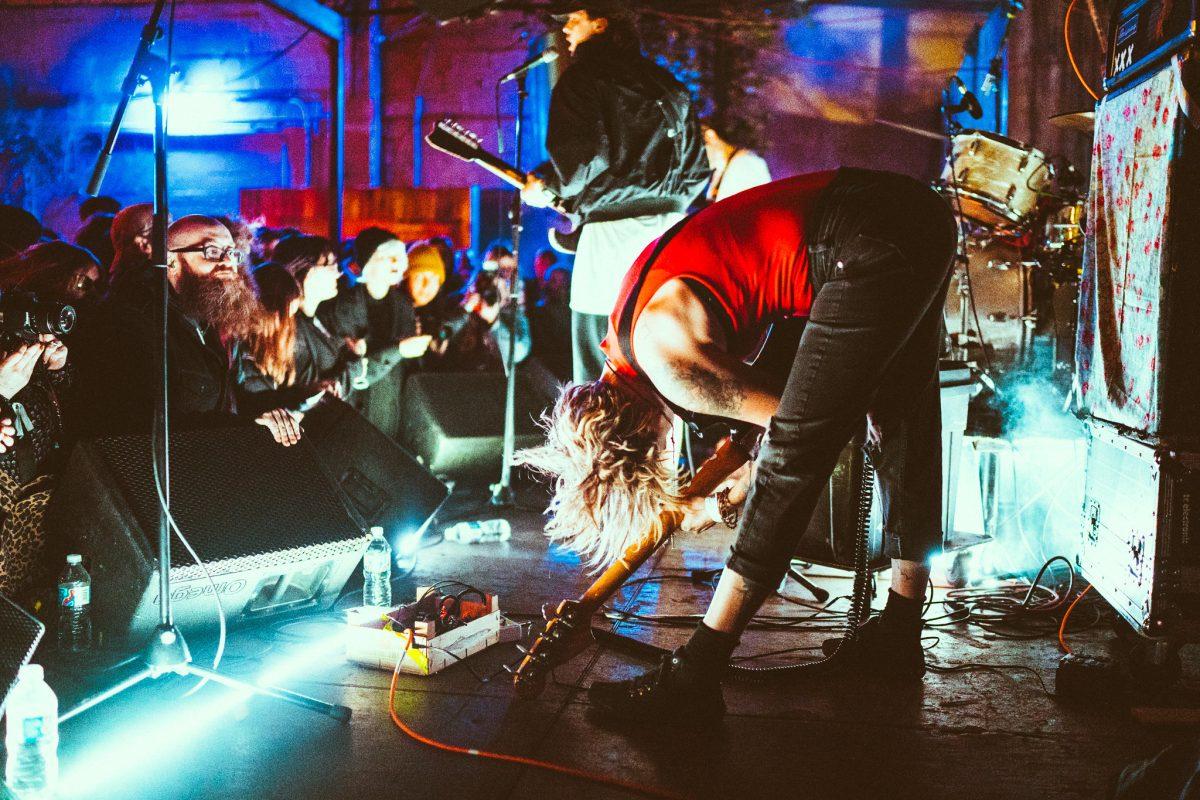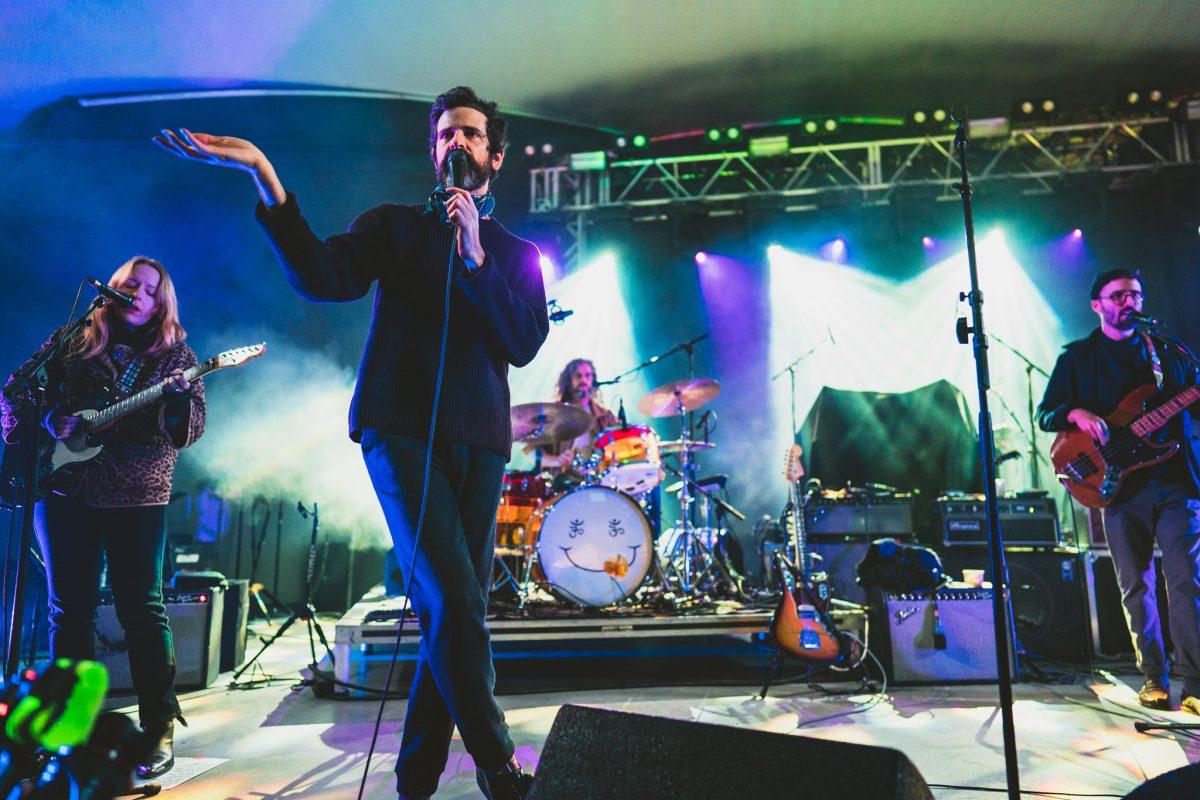By Britny Eubank
Women have always played rock and roll. From ‘60s wailers like Janis Joplin, to ‘70s punk legends like Patti Smith, to ‘80s guitar wizards like Joan Jett and Lita Ford, all the way to ‘90s alt-rock darlings like Courtney Love, each decade has seen some key female artists in the genre.
Still, the fact remains that rock and roll has always been almost exclusively an all-boys club. For example, less than 20 percent of the bands on the most recent Warped Tour roster included at least one female.
As for the reason why? That’s where it gets tricky.
Consider the trials of some of the most renowned women of the genre. Chrissie Hynde struggled for most of the ‘70s to start a band before finally forming The Pretenders. Joan Jett’s debut album got rejected by 23 labels before she finally started her own. Amplify these hardships for smaller acts, and there seems to be a fair share of discrimination against aspiring female rock artists.
khattieQ of Austin punk band BLXPLTN agrees with this notion. “Females are not given the same credit as males for their abilities, an attitude that needs mending in the music scene both locally and nationally,” she says. “In my career, I’ve been lucky enough to have played a lot of different music, from metal to punk. Unfortunately, I have noticed that the discrimination happens in all scenes. Men get to play music well. Women get to play well for a woman.”
In khattieQ’s experience, people feel the need to categorize women in rock bands differently from men. “What has happened to me in the past, when booking shows with bands that happen to have females in them, is that the venue would call the night ‘girls band night,’” she explains. “I found this incredibly insulting. What does that mean? Is every other night ‘boy band night?’ I have been playing drums for a long time, and I noticed that when fans compliment me in my playing, they often refer to me as ‘an awesome female drummer.’ It makes me feel like what they really mean to say is ‘not bad for a girl.’”
Barry Anderson, the bassist for Austin band The Beat Dolls, agrees to an extent. “I wouldn’t say it’s necessarily a discrimination. It’s more like a lot of female artists, especially in rock, probably aren’t taken seriously,” he says.
Anderson’s bandmate, guitarist and vocalist Angie Munsey, acknowledges the difference in perception among men and women of the genre. In fact, she even admits to judging female musicians herself.
“I do the same thing. If it’s a chick band, I think they’re going to be terrible, because in my experience, chicks have not been as good as the guys,” Munsey says. “[And] by good, I mean good at their instrument and good at being a band member. And I’ve had better luck with the guys than I have the girls.”
Aside from gender discrimination, Munsey and khattieQ say another potential explanation for the male-dominated genre is women are less encouraged to take up a rock instrument at a young age than men. This view is backed up by the research done by Mina Carson and Tisa Lewis in their book Girls Rock! Fifty Years of Women Making Music, where they discuss that rock instruments are often culturally positioned as masculine, or going against traditional femininity, because playing them requires women to do things like cut their fingernails and sweat.
“It’s a fact in history that women have been given lesser value, and I’m sure some of it kind of trickles down to today,” Munsey says. “Maybe, sometimes, chicks aren’t geared toward the guitar or drums or stuff like that, where dudes maybe are a little bit more.”
khattieQ agrees. “Until recently, women were not encouraged to play music, especially rock music, as much as men,” she says. “Girls, it’s like ‘go play with your dolls, and don’t make too much noise.’”
All of this raises another issue: should successful female rock artists be championed for having “made it against all odds,” or should they be treated the same as the guys?
khattieQ says both. “I mean, it will be nice when everyone is respected equally for their work, but I strongly agree that the women that paved the way should be championed for having endured, and ‘sticking it out,’ and making it so people like us are able to have an easier time making the music we wanna make and getting the respect we deserve,” she says.
Anderson, Munsey and The Beat Dolls’ drummer Mike Reisch don’t feel the same.
“I don’t think they should be treated differently. I think we should all be treated the same,” Anderson says. “But other people are probably going to put them on a pedestal because they’re female. I wouldn’t. I would be like, ‘You’re a musician. You rock. So does this dude over here. Y’all should get together and play.’”
Munsey and Reisch advocate this idea too, saying that talent should be appreciated regardless of gender. “Whether you’re male or female, if you’re good, you’re good, and you’ve lasted and you’re making a living and you’re making money,” Munsey says.
Reisch minces no words: “If they’re good, they should be looked at.”
Munsey also points out that men and women are inherently different and encourages all female musicians to recognize that. “It’s okay to be a chick,” Munsey says. “You don’t have to dress slutty to prove you’re ‘super chick,’ or to prove that you can dress slutty just because you want to, and so what if it offends people and so what if guys look at you? Just be who you are.”
It’s hard to pinpoint exactly why females are so underrepresented in rock and roll, but the bottom line is that the problem has persisted for decades. For khattieQ, there’s only one solution — not just for one genre, but for music in general.
“We can change this by having more females playing all kinds of instruments and all kinds of music, all of the time,” she says. “I think the only way I can help is by doing what I do, by living my life, by playing music, by being active, being seen and by encouraging other females to do the same.”














































